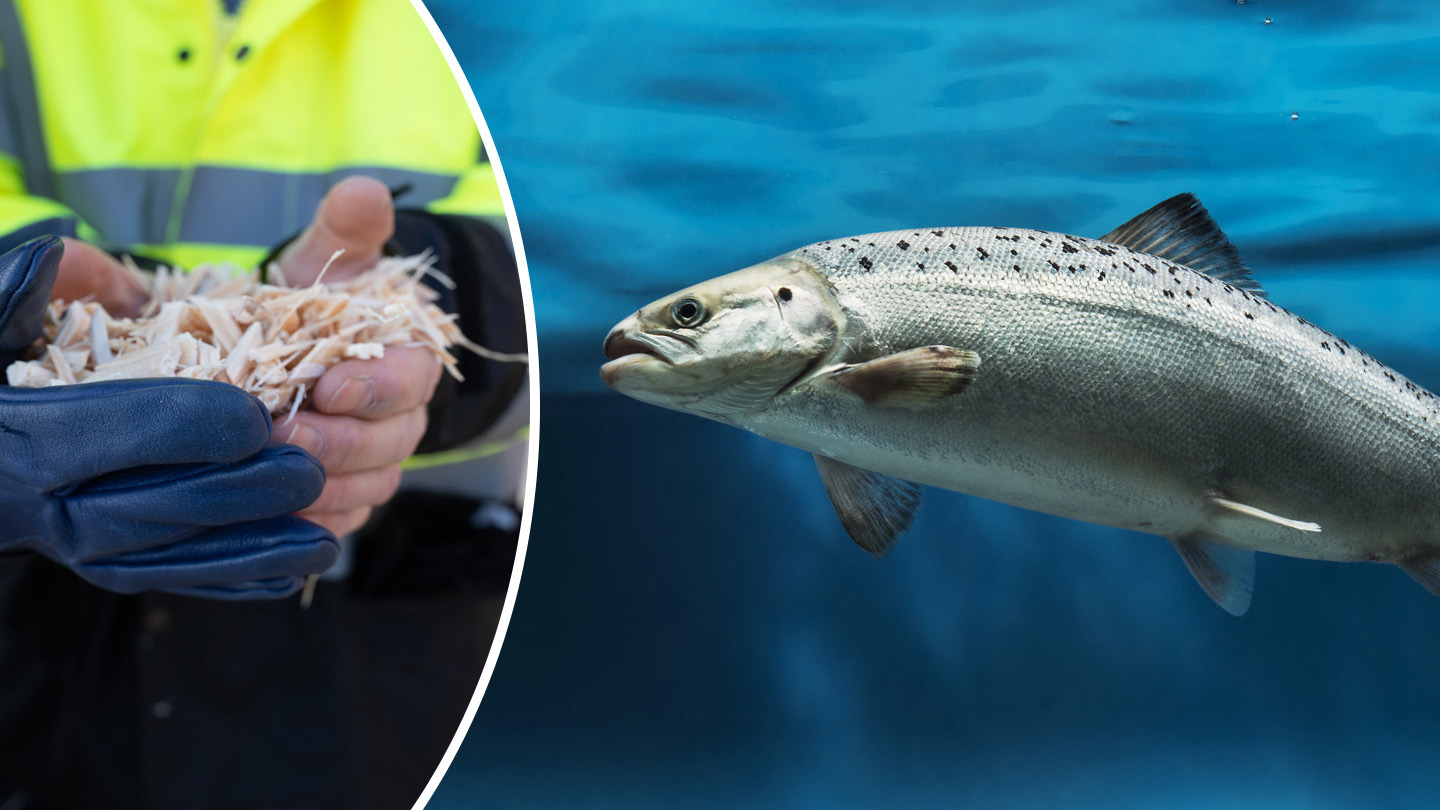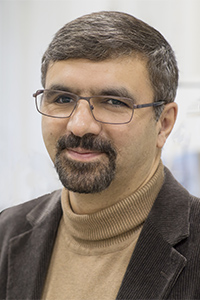Syngas becomes a raw material for fish feed
2024-03-19

Syngas is the key in this novel process, developed in collaboration with eleven parties from Norway, Sweden, Denmark, and Germany, who together are experts in the entire value chain, coming from business, industry, academia, and research institutes. The international consortium is led by WAI Environmental Solutions AS, a Norwegian biobased carbon material technology company. WAI was founded in 2017. Its headquarters are in Tønsberg, Norway and it has a branch office in Suzhou, China, and in Szczecin, Poland. With a team of engineers, scientists, and business professionals, WAI focuses on biocarbon production from forest residues and using biocarbon as reductants in the metallurgical industry for decarbonisation.
The project is funded by the Circular Bio-based Europe Joint Undertaking (CBE-JU), a public-private partnership between the EU and the Bio-based Industries Consortium (BIC). The goal is to develop new protein sources that will contribute to a growing aquaculture industry while reducing the footprint of the feed.
“We have gathered an excellent team with experts from 11 partners covering all required disciplines: forestry, pyrolysis, gas fermentation, single cell protein production, syngas reforming, catalytic material, process simulation, aquafeed production, fish nutrients, process up-scaling, life cycle analysis, business planning, communication, dissemination, and project management,” said Dr. Gang Xin, CTO and co-founder at WAI and Project Coordinator of the SynoProtein project.
He continued to explain what they further hope to achieve.
“In the SynoProtein project, we will develop a novel alternative protein from forest residues. By combing pyrolysis, syngas conditioning and fermentation processes, we will convert one of the largest sources of carbon on earth, forest residues, into proteins which are vital building blocks.”
- The microorganisms in the process grow faster than soybeans.
- The process will not require light and arable land (or pesticides).
- The single cell protein biomass aims to have a high crude protein content (>70%) and a balanced amino acid profile.
- Feedstocks (sawmill by-products) are abundant, inexpensive, and sustainable. This means that the production process is highly scalable.
A green paradigm shift
The process is unique and involves a green paradigm shift for the recycling and commercialisation of low-value by-products into raw materials for high-value bio products. Compared to fish feed production from soybeans, SynoProtein is expected to save carbon emissions, land use, and water use. The consortium has high ambitions to achieve a working solution and a sustainable business model.
Single cell protein

By capturing carbon in syngas, the project will produce single cell protein (SCP), a high-protein bacterial biomass. The single cell protein products are going to be a high-quality and sustainable alternative protein to meet the increasing feed demand for aquaculture.
As a partner in the project, the Biotechnology group within the Swedish Centre for Resource Recovery at the University of Borås will convert syngas into hydrogen and acetic acid, and contribute with technical development throughout the project.
“In collaboration with RISE, Research Institutes of Sweden, we at the University of Borås have significant experience with syngas fermentation. Our goal here is to convert syngas to hydrogen and acetic acid in order to convert them later by Technical University of Denmark, DTU, to high-protein bacteria. We will also help in designing and operating the fermentation pilot reactors in the second half of the project,” said Mohammad Taherzadeh, Professor of Bioprocess Technology at the Swedish Centre for Resource Recovery at the University of Borås and Technical Manager of the SynoProtein project.
Financiers and partners
The project is funded by the Circular Bio-based Europe Joint Undertaking (CBE-JU) a public-private partnership between the EU and the Bio-based Industries Consortium (BIC), and runs until 2028. In addition to University of Borås, the following organisations, institutions, and companies are part of the project: WAI Environmental Solutions AS (Norway), Technical University of Denmark, SINTEF Industry (Norway), SINTEF Energy Research (Norway), NORSUS Norwegian Institute for Sustainability Research, Nofima AS (Norway), RISE Research Institutes of Sweden, Bergene Holm AS (Norway), Skretting Aquaculture Innovation AS (Norway), and DECHEMA Gesellschaft für Chemische Technik und Biotechnologie e.V. (Germany).
More information
Find more information and subscribe to the newsletter on the project web page
Follow SynoProtein on LinkedIn
Mohammad Taherzadeh
More research from Swedish Centre for Resource Recovery
Sawdust: Eiliv Flakne / Atlantic Salmon: Skretting

